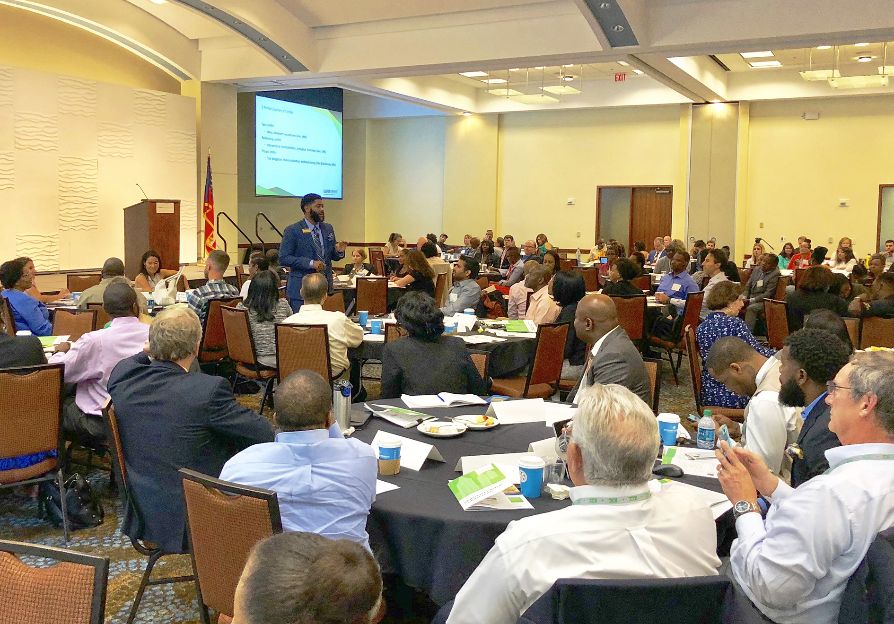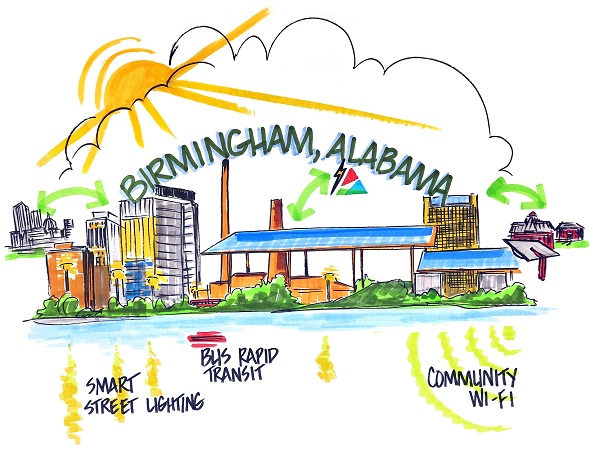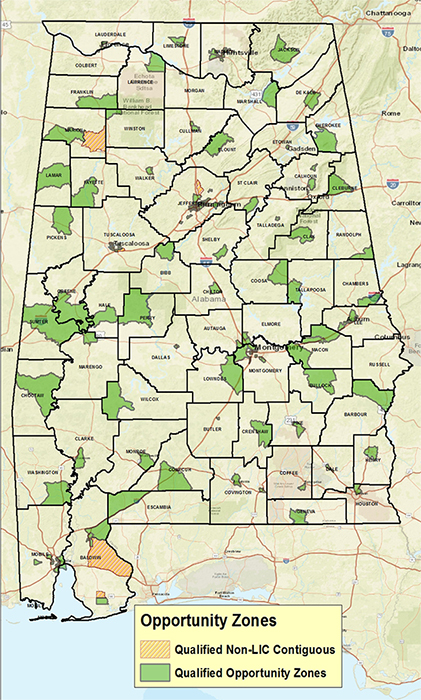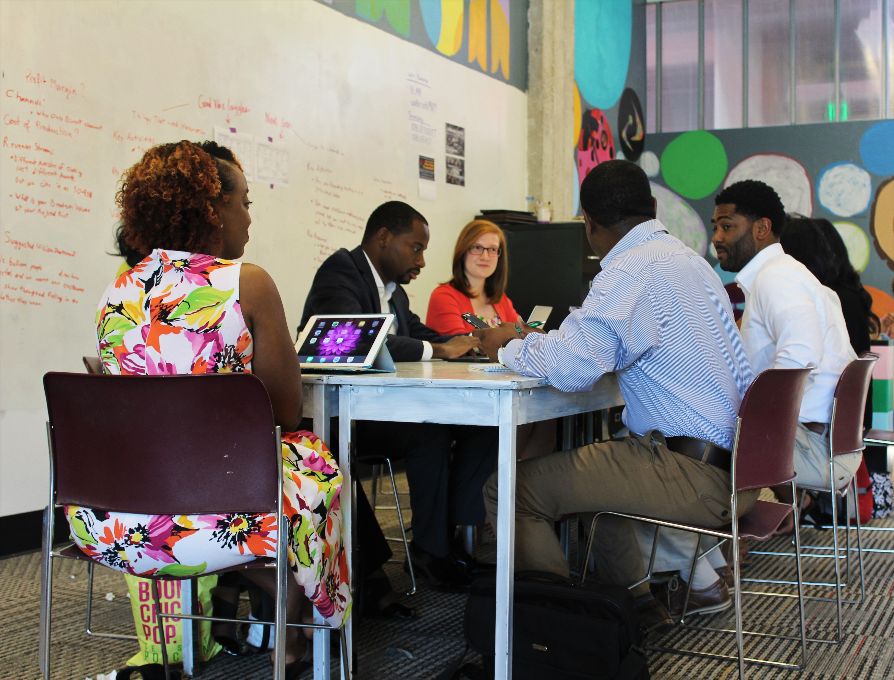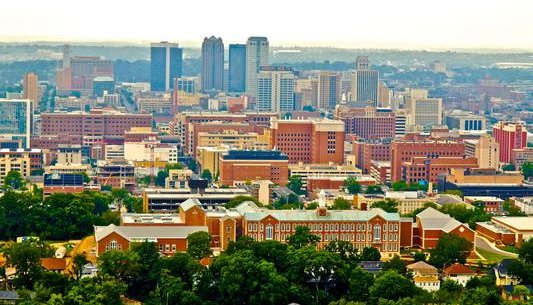
I was really struck by the ideas advanced in an article written by The Atlantic’s City Lab earlier this year entitled: Should Urban Universities Help Their Neighbors?
The article hits on a number of issues that are near and dear to my current research, teaching and community outreach activities in the City of Birmingham in general and at UAB in particular. Here are a couple of my thoughts:
1. I cannot think of a more transformative policy than if UAB and the City of Birmingham partnered to offer incentives to UAB employees to purchase and live in homes within walking/biking distance to campus. To have the greatest impact, such a policy would be targeted towards certain neighborhoods (distressed communities) and certain employees (high income earners such as physicians, professors, administrators, etc). This would reduce suburban sprawl and traffic congestion. The overall health of UAB employees may increase as more of us would walk and bike to and from work. More importantly, it would provide a much needed injection of resources, skills, tax dollars, voters and influence into our inner-city communities and schools. There are many who work in our city, but vote, live, shop, worship, serve and pay taxes outside of our city. Seems counterproductive to the long-term viability and sustainability of both entities.
2. One of the persons quoted in the article has the title “Director of Neighborhood Development in the U. of Chicago’s Office of Civic Engagement.” Sounds like a position I need to develop at UAB (once I get tenure of course).
3. How ironic that the focal neighborhood in the article, Woodlawn, shares the same characteristics and name as one of our neighborhoods.
4. I had not heard of “zombie properties” until this article. Sounds like a new category for our vacant property database at NHabit Bush Hills.
5. The author rightly notes, that increasing the viability of the neighborhoods around the University increases the overall strategic competitiveness of the University.
Discussion Question: What impact do you think such a policy could have on Birmingham, a city with 16,000 tax-delinquent properties, and/or UAB, the state’s largest employer?
Dr. Hood and his wife Robin live in the Bush Hills neighborhood. In 2014, they were winners of a Community Health Innovation Award of the UAB Center for Clinical and Translational Science for NHabit, a social entrepreneurial startup aimed at improving the health of their community by addressing the problem of vacant and abandoned property. Specifically, they are applying the principles of strategy and entrepreneurship to create a repeatable and scalable model for monitoring blight, occupancy and other conditions indicative of community health. Their efforts were recently highlighted by WBRC Fox 6 News as well as in the following articles: Building on an Idea and Local and global outreach land UAB on president’s community service honor roll.


